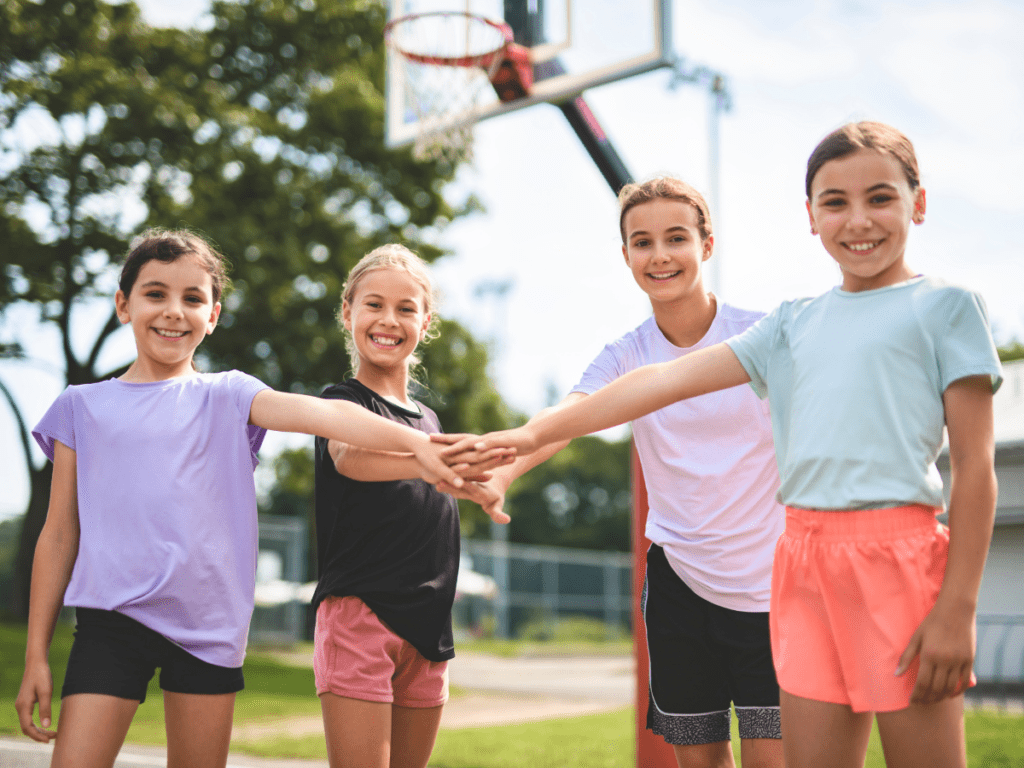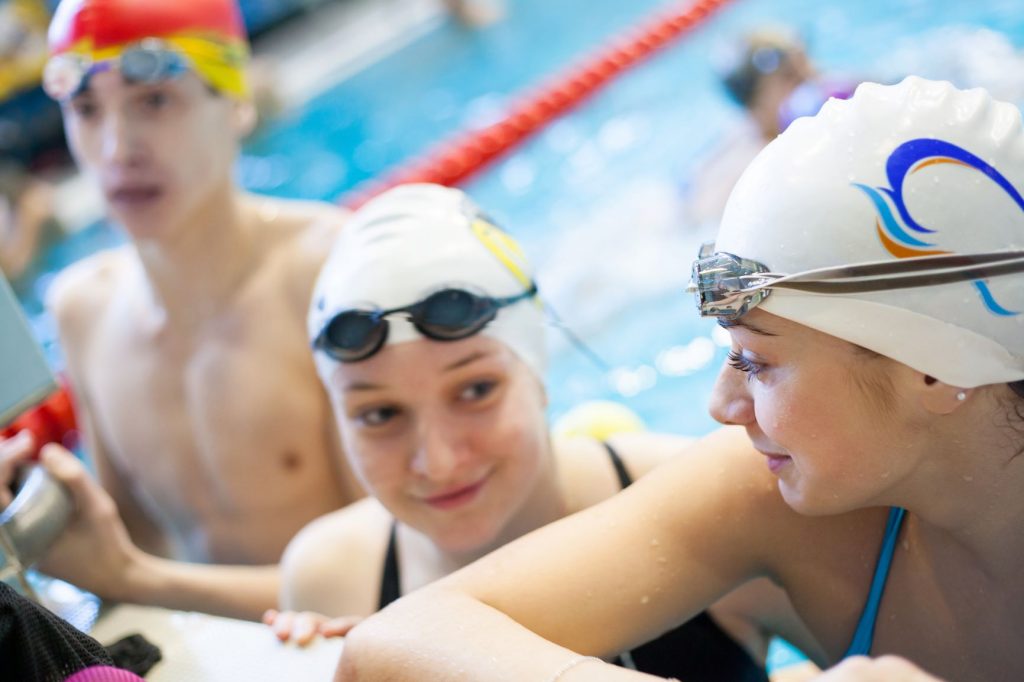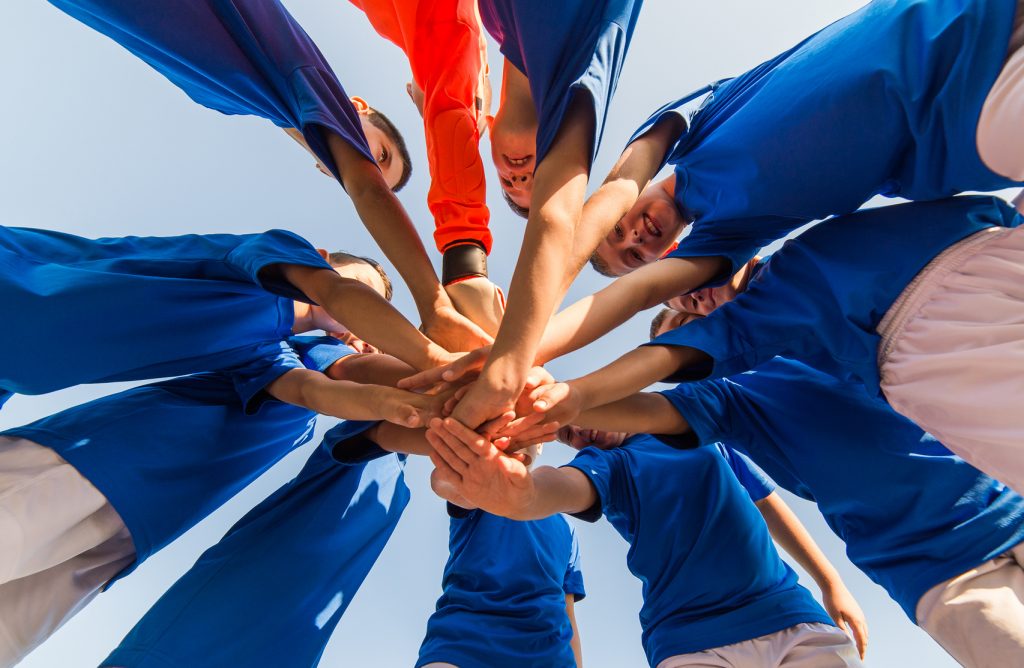Developing Executive Functions and Social Emotional Learning Through Sport

This blog was adapted from a SIRCuit article written by Dr. Vicki Harber. For the full article, click here. Within Canada, there is some concern that an ethos of “winning at all costs” has infiltrated youth sport, degrading the quality of the sport experience resulting in reduced participation (Brenner, 2016) and increased injury (Jayanthi et…
Life Skills Blog
A focus on winning at all costs has created sport programs in which building psychological, cognitive, social and emotional skills are largely ignored, yet these are essential ingredients for successful high performance athletes. Today’s blog provides an overview of the development of executive functions and social and emotional learning through sport.
Outdoor Play Myths
Fear of injury and kidnapping, and a belief in the superiority of structured activities, have reduced the amount of time children engage in outdoor unstructured play. This infographic provides the evidence to debunk these common myths that are keeping kids at home on the couch, instead of outside playing.
Benefits of Play
Parents and other adults can place restrictions on the unstructured play of children, reducing child independence and limiting them to “boring” play spaces. Increasing access to outdoor, unstructured play promotes physical and mental health; improves social skills, creativity and team work; improves learning and attention at school; and improves resilience and risk management skills. Download…
Explicit Approach to Life Skills
Strategies to help athletes develop sport-specific physical skills can also be used to explicitly teach life skills through sport. A deliberate approach includes focusing on one life skill at a time, drawing connections, and using teachable moments. Learn more in the SIRC blog.
Life Skills Blog
Sport is often celebrated as a platform through which to develop life skills, such as communication, teamwork, and respect. Approaches to develop these skills are either implicit – where the inherent dynamics of sport provide opportunities for practicing life skills; or explicit – where intentional design provides opportunities to practice life skills. Learn more in…
Teaching Life Skills Through Sport

This blog is the second in a series by the authors on positive youth development in sport. If this is your first visit to this series, considering taking a few minutes to read the other two posts: Tips on How to Deliver a Quality Youth Sport Program and Supporting the Transfer and Application of Life…
Values As A Road Map
“Values-based sport” is an approach that helps to establish an optimal environment that encourages the growth and development of athletes through sport. Explore how to use values as a road map to creating welcoming, safe, athlete-centred environments in the SIRCuit.
The Development of Executive Functions and Social and Emotional Learning Skills Through Sport
One of the biggest stories coming out of the 2018 Winter Olympics was the success of the Norwegian Team, who topped the overall medal count with 39 medals (7.33 medals/million population), compared to Canada’s third-place standing with 29 medals (0.81 medals/million population). In team rooms and in the media, everyone was asking “How did such…
Tips on How to Deliver a Quality Youth Sport Program

This is the first blog in a series on positive youth development in sport. If this is your first visit to this series, considering taking a few minutes to read the other two posts: Teaching Life Skills Through Sport and Supporting the Transfer and Application of Life Skills Beyond Sport. Many individuals and organizations have…